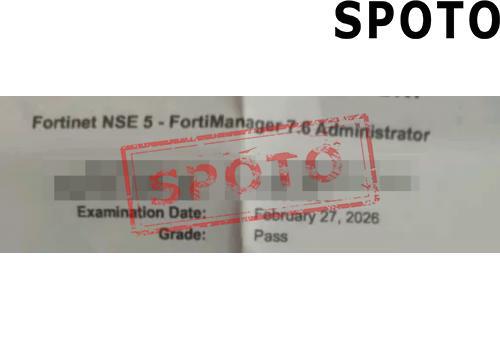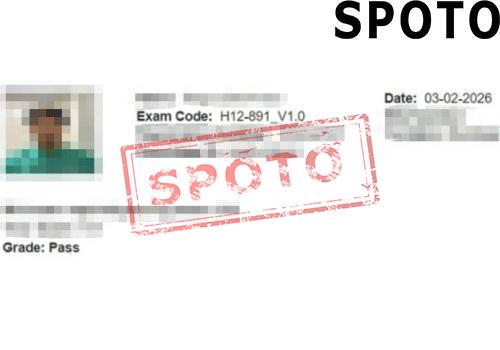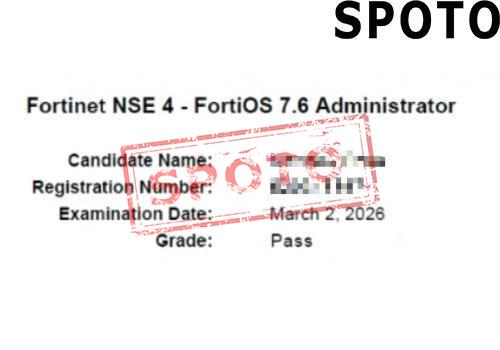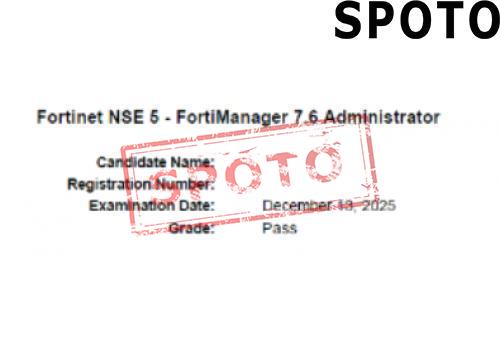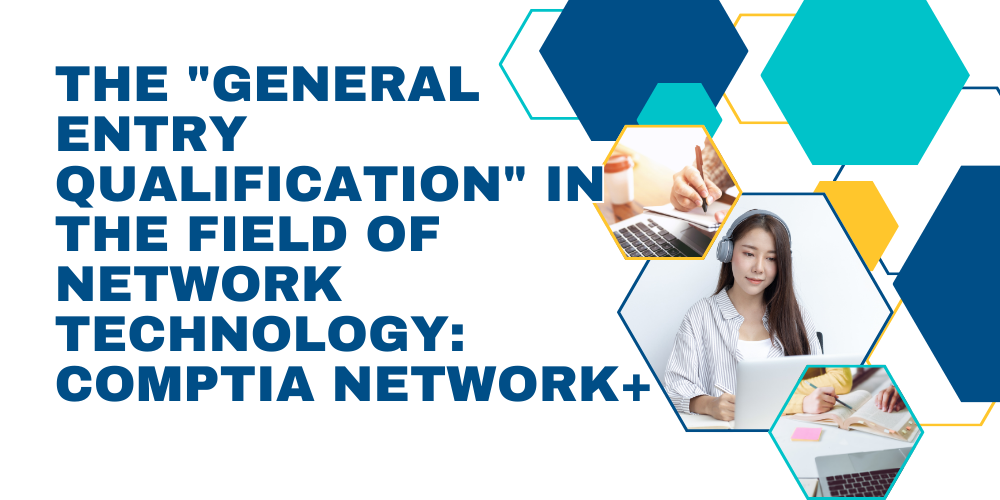
Table of Contents
From this article, you will know that CompTIA Network+ is a key certification that verifies basic network deployment, maintenance, and troubleshooting capabilities.
1. Introduction to the CompTIA Network+ certification
CompTIA Network+ is a vendor-neutral networking certification offered by CompTIA, the world's leading information technology certification organization. It focuses on validating practitioners' core knowledge, skills, and problem-solving abilities in modern network infrastructure. It serves as a universal qualification for entry-level to intermediate-level networking professionals and a crucial foundation for roles in IT operations and network management.
Unlike vendor-specific network certifications from companies like Cisco and Huawei, CompTIA Network+ is not tied to any specific brand of equipment or technology. Instead, it covers universal networking knowledge across vendors and scenarios—from enterprise LANs and WANs to cloud networks and wireless LANs. The assessment focuses on the underlying logic, standard protocols, and common operations and maintenance methods of network technology. CompTIA Network+ builds a systematic foundation in networking technology for IT professionals, demonstrating their ability to independently deploy, manage, monitor, and troubleshoot basic network issues. It is a key starting point for progressing from "network novice" to "professional network technician" and a crucial foundation for pursuing vendor-specific certifications or advanced networking skills.
2. Why Earn Your CompTIA Network+ Certification?
For individual practitioners, CompTIA Network+ is a vendor-neutral certification, not tied to any specific brand of equipment or technology. The assessment focuses on the underlying logic and cross-scenario standards of network technology. This means that certificate holders' skills are applicable to all organizations using network equipment from different vendors, from small and medium-sized enterprises to multinational corporations, without the need for retraining to adapt to vendor differences. This certification offers a much wider range of employment opportunities than vendor-specific entry-level certifications, making it particularly suitable for working in enterprises with a mixed deployment of multi-vendor equipment, with its superior versatility.
Furthermore, CompTIA Network+ is a "foundational, essential certification" for IT professionals, covering core competencies across multiple roles. Network technology is the "underlying infrastructure" of the IT field. Whether in IT operations and maintenance, network management, network security, cloud operations, or desktop support, a solid understanding of network architecture, protocols, and troubleshooting is essential. CompTIA Network+ validates this core foundation, making it a "must-have" qualification for many roles.
CompTIA Network+ is positioned as a "basic and general" certification, but it also provides a clear path to subsequent career paths. It serves as a bridge to advanced vendor-specific certifications, eliminating the need to learn vendor technologies from scratch. After mastering the general networking knowledge of Network+, you can quickly focus on vendor-specific commands and device configuration logic when studying for vendor certifications like CCNA and HCIA, reducing learning costs. According to CompTIA, approximately 70% of Network+ holders pursue higher-level certifications within one to two years, achieving career advancement 30% faster than those without the certification.
Market data indicates that Network+ certification can significantly improve practitioners' salaries and job bargaining power. CompTIA's 2024 report shows that Network+ holders earn an average annual salary of approximately $68,000, 30% higher than uncertified entry-level network technicians. According to recruitment platform data, over 60% of "Network Administrator" and "IT Operations Engineer" positions clearly state in their job requirements that "prefer candidates with network certifications such as CompTIA Network+." This recognition is particularly high among multinational corporations and foreign-funded IT service companies.
3. Core Components of the CompTIA Network+ Certification
To pass the CompTIA Network+ exam, practitioners must systematically master core competencies across five dimensions: network architecture, operations, security, troubleshooting, and industry standards. This encompasses the entire process from "network fundamentals → practical deployment → daily operations and maintenance → risk mitigation → problem resolution."
Practitioners must distinguish the functions and applicable scenarios of core network equipment, understand the differences in transmission media characteristics, and be able to select models based on specific scenarios. They must also master the correspondence between the OSI seven-layer model and the TCP/IP four-layer model, identify the layers to which different protocols belong, understand the functions and interaction logic of core protocols, and be able to select protocols based on business needs.
Candidates must also be proficient in IPv4 address classification and subnetting, calculate network bits/host bits using subnet masks, the number of available IP addresses, and flexibly apply VLSM. They must also master the basics of IPv6 and be able to address transition needs in the event of IPv4 address exhaustion. They must also understand the principles of NAT technology and be able to explain how private IP addresses access the public network through NAT.
4. What are the requirements to be a CompTIA Network+?
(1) Qualification prerequisites:
The CompTIA Network+ exam has no mandatory prerequisites for practitioners, but CompTIA recommends that practitioners have at least 9-12 months of network technology-related work experience or have passed the CompTIA A+ certification and have basic IT operations and maintenance capabilities.
(2) Training and examinations:
The CompTIA Network+ exam consists of approximately 90 questions, covering multiple-choice, drag-and-drop, and scenario-based questions. The exam is scored 720 or higher out of 900 points. The exam fee, which varies slightly by region, is approximately $370.
(3) Qualification maintenance:
The CompTIA Network+ certificate is valid for 3 years and requires 30 continuing education (CE) credits every 3 years, such as participating in network technology training and obtaining advanced certifications to maintain validity.
5. Comparable Certifications to CompTIA Network+ certification
- Cisco Certified Network Associate (CCNA)
- Juniper Networks Certified Associate, Junos (JNCIA-Junos)
- CompTIA A+
- ITIL Foundation


